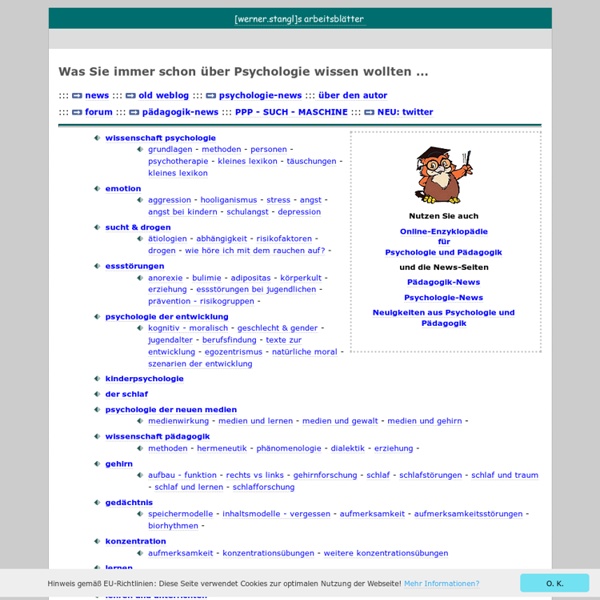



BKJPP und BAG präsentieren Kinder- und Jugendpsychiatrie, Psychosomatik und Psychotherapie ZEL 3/2011 - 6. Jahrgang: E-Portfolios Aktuelles Heft | Frühere Hefte | Call for Papers | Hinweise | HerausgeberInnen | GutachterInnen | AutorInnen E-Portfolios 3/2011 - 6. Patricia ArnoldEditorial Silvia Sippel, Marianne Kamper & Alexander FlorianStudierende zur E-Portfolio-Arbeit befähigen.Erfordernis einer Einführung in Theorie und Praxis Klaus Himpsl-Gutermann & Reinhard BauerKaleidoskope des Lernens.E-Portfolios in der Aus- und Weiterbildung von (österreichischen) LehrerInnen Eva-Maria Bäcker, Eva Cendon & Anita MörthDas E-Portfolio für Professionals.Zwischen Lerntagebuch und Kompetenzfeststellung Marc Egloffstein & Clemens FrötschlLeistungsdarstellung im E-Portfolio-Assessment.Eine empirische Analyse im Hochschulkontext Die Verwendung von E-Portfolios wird gegenwärtig in zahlreichen Bildungssektoren diskutiert: im schulischen und berufsbildenden Bereich, in der LehrerInnenbildung und an der Hochschule. Stand: 22.02.2013 | RSS | News | Intern | Impressum | Sitemap | © 2006 – 2014 StudienVerlag Partner: Anzeige: Interessiert?
Führungskräfte Foren www.birkenbihl-insider.de Digital Natives brauchen den Medienmix Sie leben, kommunizieren und lernen anders als ihre Eltern und Großeltern, denn sie sind mit digitalen Technologien wie Computer, Internet und Handy aufgewachsen: die sogenannten Digital Natives. Das sind - glaubt man der Literatur - alle nach 1980 Geborenen. Auf jeden Fall aber sind es die Kinder und Jugendlichen, die jetzt zur Schule gehen. Unterrichtsmethoden und Lernmaterialien müssen zu dieser Lebenswirklichkeit der Schüler passen. Denn um Menschen zu erreichen, muss man sie da aufsuchen, wo sie stehen. Nahezu alle Jugendlichen besitzen ein Handy und sind regelmäßig online. Diese Selbstverständlichkeit im Umgang mit den digitalen Medien beobachtet auch Dr. Dr. Ein Ergebnis: Das, was noch vor einigen Jahren als Standardargument für den Einsatz von PC und Internet beim Lernen galt, hat ausgedient. Bild: bikl.de Vor sechs Jahren noch, so berichtet Michaela Meier, wurden die Lerninhalte häufig einfach von einem Medium ins andere übertragen - mit eher unbefriedigendem Erfolg.
Projekt Projekt Projekt-Arbeit Projekt-Team Projekt-Leitung Projekt-Management Informationen, Materialien, Übungen für effektives Projekt-Management - zusammengestellt von Dr. MindShift | How we will learn MindShift explores the future of learning in all its dimensions. We examine how learning is being impacted by technology, discoveries about how the brain works, poverty and inequities, social and emotional practices, assessments, digital games, design thinking and music, among many other topics. We look at how learning is evolving in the classroom and beyond.We also revisit old ideas that have come full circle in the era of the over scheduled child, such as unschooling, tinkering, playing in the woods, mindfulness, inquiry-based learning and student motivation. Contact the us by email.
Born to Learn ~ You are Born to Learn